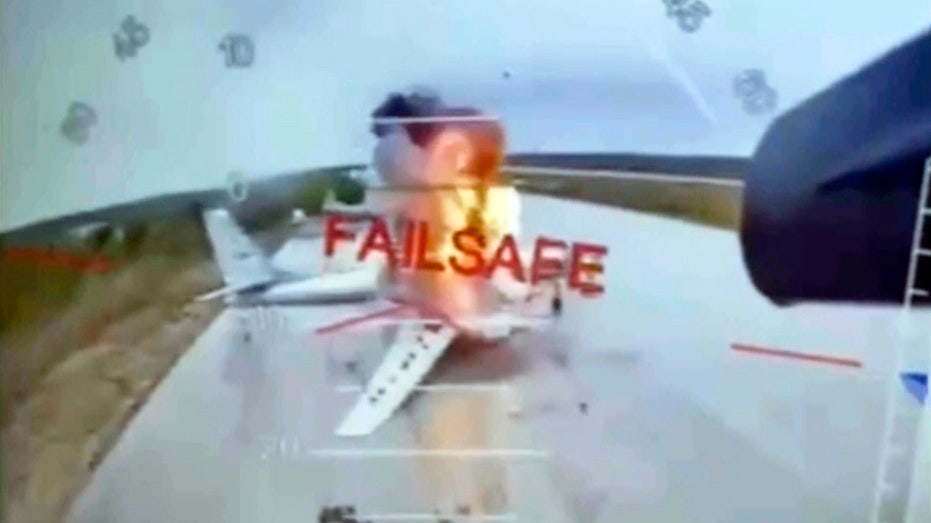Russia Promises to Repair Drones Damaged in Ukraine Attack, Asserts They Were Not Destroyed
Russia pledges to repair planes damaged in recent drone attack across multiple airfields by Ukraine.

Russia is pledging to repair warplanes severely damaged in a major Ukrainian drone offensive this week, downplaying the extent of the destruction as tensions between the two countries reach new heights. Russian Deputy Foreign Minister Sergey Ryabkov stated that although several aircraft were struck, they were "not destroyed but damaged" and will be restored to operational status. These remarks came days after Ukraine unveiled details of “Operation Spider’s Web,” a large-scale coordinated drone strike that penetrated deep into Russian territory, targeting strategic airfields.
Ukrainian officials claim the attack destroyed or disabled up to 40 of Russia’s advanced bomber jets and surveillance planes—the largest blow to Russian air power since the conflict began. However, Western intelligence assessments offer varied figures. According to two U.S. officials, as many as 20 Russian warplanes were hit, and 10 may have been destroyed outright. Satellite imagery corroborates reports of extensive fire and wreckage scattered across multiple Russian airfields, with several warplanes visibly scorched and rendered inoperable.
In dramatic footage released by Ukraine, several parked Russian aircraft erupted into fireballs after drone impact, lending weight to claims of significant losses for Russia’s air capabilities. The bold strike is seen as a testament to Ukraine’s growing ability to conduct deep-penetration attacks against Russian infrastructure, despite ongoing challenges on the ground.
Ukrainian President Volodymyr Zelenskyy reportedly oversaw the operation, which sources close to Ukrainian authorities say was over 18 months in the planning. Notably, officials in Washington said they had not received advance warning about the attack, underscoring the increasing autonomy and sophistication of Ukrainian military strategy.
Tensions escalated further as President Donald Trump confirmed he had spoken with Russian President Vladimir Putin following the strikes. According to Trump, Putin was emphatic that Moscow would “have to respond” to the drone strikes on its airfields, fueling fears of further escalation. The conversation, described as frank but inconclusive, failed to produce any immediate breakthroughs toward peace.
Meanwhile, the violence spiraled beyond the skies. Ukrainian forces targeted a critical bridge linking Russia to Crimea with a powerful underwater detonation, while Russian artillery pummeled the northeastern city of Sumy in a “savage strike” that struck civilian neighborhoods. These attacks underline the increasingly unpredictable and destructive trajectory of the war as both sides refine their capabilities and recalibrate their responses.
Amid mounting international concern, observers point to recent statements from former U.S. Secretary of State Condoleezza Rice describing a "concerning shift" in Putin's behavior, calling him "desperate" as Ukraine intensifies its counterattacks. With both sides vowing retaliation and reconciliation talks stalled, the conflict shows little sign of abating, leaving the future of the region deeply uncertain.




